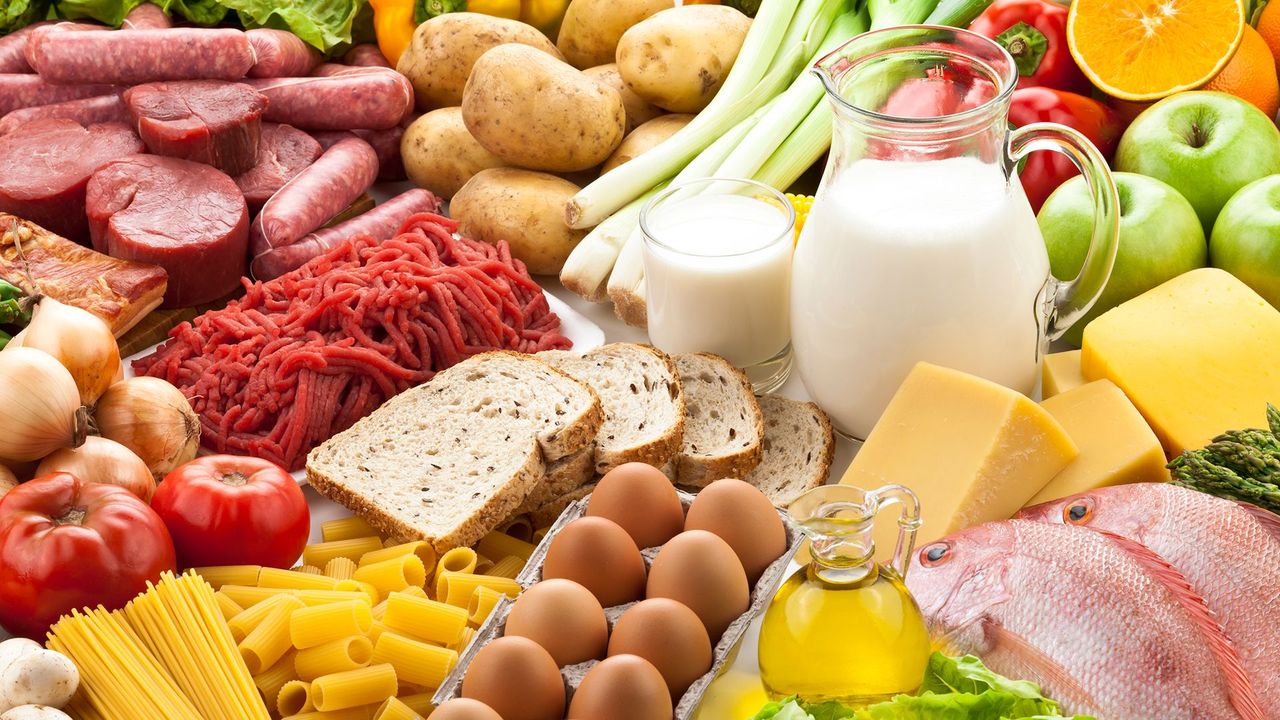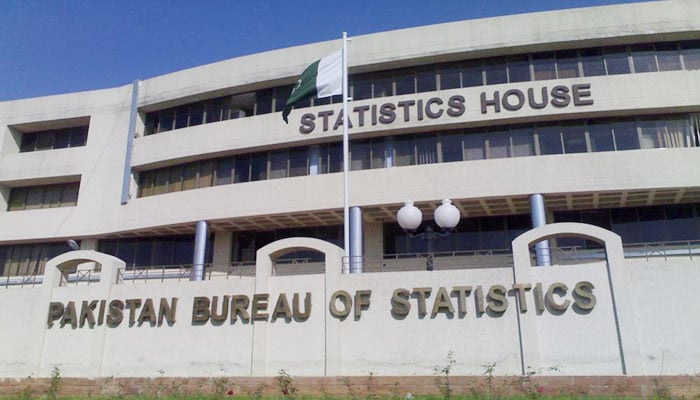Analysis of Inflation in Karachi’s Product Market

The latest announcement by the Pakistan Bureau of Statistics (PBS) highlights the severity of inflation during the ongoing holy month of Ramadan in Pakistan. According to the statistics, weekly inflation reached an alarming 46.65% on an annual basis, reflecting an unprecedented price hike that has severely impacted low- and middle-income consumers across the country.
The official figures also reveal that several essential commodities’ prices have significantly increased. For instance, the price of onions has increased by a staggering 228.28% on an annual basis, wheat flour by 120.66%, tea by 94.60%, bananas by 89.84%, rice by 81.51%, and potatoes by 57.21%.
RISING PRICE IN RAMADAN

The rising prices of these essential food items make it difficult for many people in Pakistan to afford their daily necessities, especially during the month of Ramadan when the consumption of food items increases. Inflation has severely impacted the purchasing power and living standards of people in Pakistan, particularly those belonging to lower-income groups.
The rise in the price of flour, as revealed by the PBS statistics, is a cause for concern for many Pakistanis as it is one of the most commonly consumed commodities in the country. The price of a 20-kilogram bag of flour has increased from Rs1,817 to Rs2,586, indicating a significant rise of over 40% in the price of this essential item. Last year in March, the price of the same flour bag was available for Rs1,172.
The flour price increase can be attributed to several factors, including the rising demand for food items during Ramadan and the depreciation of Pakistan’s national currency. During the holy month of Ramadan, the consumption of food items typically increases, leading to a surge in demand, which can result in price hikes. Moreover, the depreciation of the national currency can also contribute to inflation as it makes imports more expensive, including the imports of wheat, which is used to produce flour.
According to (PBS)

According to the Pakistan Bureau of Statistics (PBS) data released on Friday, the surge in the sensitive price indicator (SPI) can be attributed to several factors, including the significant increase in the prices of essential items such as tomatoes, wheat flour, potatoes, bananas, tea, georgette, lawn, long cloth, pulse mash, prepared tea, and gur.
The data reveals that the price of tomatoes has increased by a staggering 71.77%, while wheat flour has seen an increase of 42.32%, potatoes by 11.47%, bananas by 11.07%, tea by 7.34%, georgette by 2.11%, lawn by 1.77%, long cloth by 1.58%, pulse mash by 1.57%, prepared tea by 1.32%, and gur by 1.03%.
As per the Pakistan Bureau of Statistics (PBS) data, there has been a decrease in the prices of some commodities during the week under review. Chicken prices have decreased by 8.14%, chilli powder by 2.31%, LPG by 1.31%, mustard oil, garlic, pulse gram, and onions by 1.19% each, vegetable ghee (1kg) by 0.83%, cooking oil (5 litres) by 0.21%, pulse moong by 0.17%, pulse masoor by 0.15%, and eggs by 0.03%.
Despite this decline in prices of certain commodities, the SPI for the week has increased to 250.66 points from 246.22 points recorded in the previous week, indicating that overall inflation rates remain high in Pakistan. The SPI for the same week last year was significantly lower at 170.92 points.
The rise in the prices of these essential commodities has severely impacted the purchasing power and living standards of many people in Pakistan, particularly those belonging to low- and middle-income groups. The government of Pakistan has taken measures to address the issue, such as releasing funds to subsidize the prices of essential items and setting up Ramadan bazaars. However, the impact of these measures has been limited, and the inflation rates continue to remain high.


